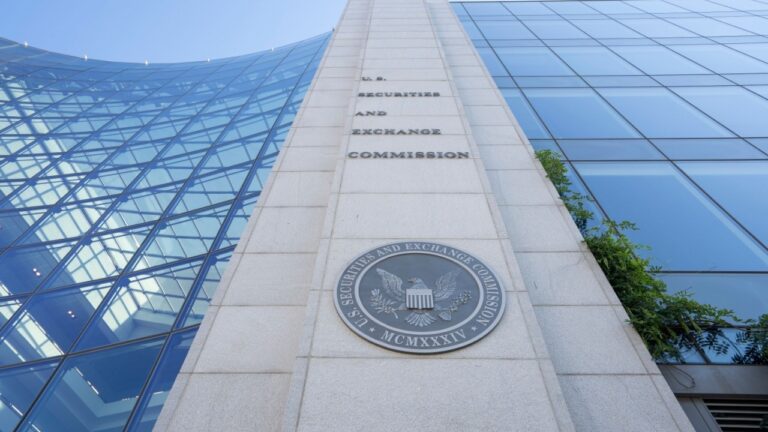Israel Takes on Hezbollah in Southern Lebanon: Plans for Retaliation Against Iran’s Missile Attack
The Escalation of Tensions
After Iran fired nearly 200 missiles at Israel on Tuesday, the situation in the Middle East has intensified dramatically. The majority of the missiles were intercepted by Israel’s advanced missile defense systems, along with the assistance of U.S. destroyers stationed in the Eastern Mediterranean.
Response from Israeli Prime Minister
Israeli Prime Minister Benjamin Netanyahu wasted no time in indicating that Israel will not sit idly by in the face of this brazen attack. Plans for retaliation are already in motion, as the Israeli military braces itself for potential conflict.
Furthermore, Wednesday brought tragic news as the Israeli military reported the loss of eight soldiers in clashes with Hezbollah forces in southern Lebanon. This development only serves to raise tensions and deepen the hostility between the warring factions.
Impact on Individuals
As tensions continue to escalate in the region, individuals living in Israel, Lebanon, and surrounding areas are understandably on edge. The fear of further attacks and violence looms large, leaving many civilians feeling vulnerable and uncertain about the future.
Global Ramifications
The conflict between Israel, Hezbollah, and Iran has far-reaching implications for the rest of the world. The potential for this regional conflict to spiral out of control and involve other nations is a cause for concern among global leaders and policymakers. The stability of the Middle East hangs in the balance as each side weighs its next move carefully.
Conclusion
As the situation in southern Lebanon continues to escalate, the threat of further violence and conflict looms large. The international community must remain vigilant and work towards diplomatic solutions to de-escalate tensions and prevent further bloodshed in the region.




